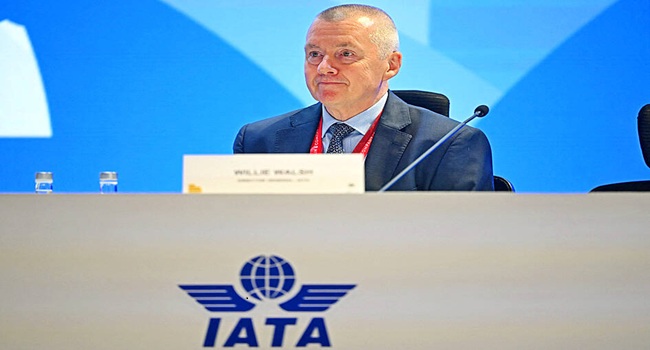The World Health Organisation (WHO) has allocated $16 million from the WHO Contingency Fund for Emergencies in response to the cholera outbreak.
Tackling Cholera Outbreak
The Director-General of WHO, Dr Tedros Ghebreyesus, announced the release of funds during an online press conference. He emphasised that WHO is focusing on providing vital supplies, coordinating response efforts with partners, supporting countries in detecting, preventing, and treating the disease, as well as educating people on self-protection.
To support these initiatives, WHO has appealed for $160 million and has already disbursed $16 million from the Contingency Fund for Emergencies. However, Dr Ghebreyesus noted that the long-term solution to cholera lies in ensuring universal access to clean water and sanitation, which is a fundamental human right.
Rising Cases and Most Affected Countries
In the previous week, WHO released new data indicating that the number of cholera cases reported in 2022 has more than doubled compared to 2021. Preliminary data for 2023 suggests a further increase in cases. Currently, 28 countries have reported cholera outbreaks this year, compared to 16 during the same period in 2022.
The countries currently experiencing the most concerning outbreaks are Ethiopia, Haiti, Iraq, and Sudan. While significant progress has been made in countries in Southern Africa, such as Malawi, Mozambique, and Zimbabwe, these countries remain at risk as the rainy season approaches, warned Dr Ghebreyesus.
Challenges and Recommendations
Dr Ghebreyesus highlighted that the worst affected countries and communities are those that lack access to safe drinking water and proper sanitation. These areas also face shortages of oral cholera vaccines and essential supplies, as well as overburdened healthcare workers who are dealing with multiple disease outbreaks and emergencies.
Shifting the discussion to COVID-19, Dr Ghebreyesus expressed concern over concerning trends as the northern hemisphere winter approaches. Hospitalizations and ICU admissions have increased in the past 28 days, particularly in the Americas and Europe. He also stated that vaccination rates among at-risk groups remain worryingly low, with only one-third having received booster doses.
Dr Ghebreyesus urged countries not to overlook the ongoing threat of COVID-19 and to sustain the systems established to respond to the pandemic. These systems are crucial in protecting, testing, and treating people for COVID-19 and other infectious diseases. He stressed the importance of continued investment in collaborative surveillance, community protection, scalable care, access to countermeasures, and coordination.
As the world battles both cholera and COVID-19, WHO remains committed to global health security, emergency response, and the protection of vulnerable populations.



